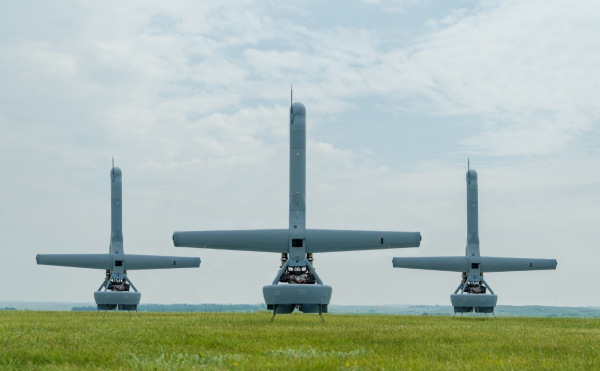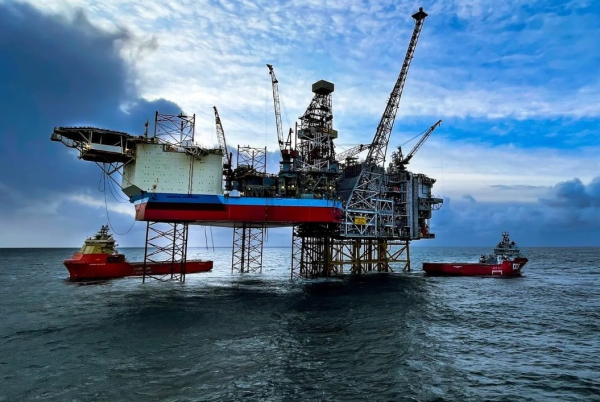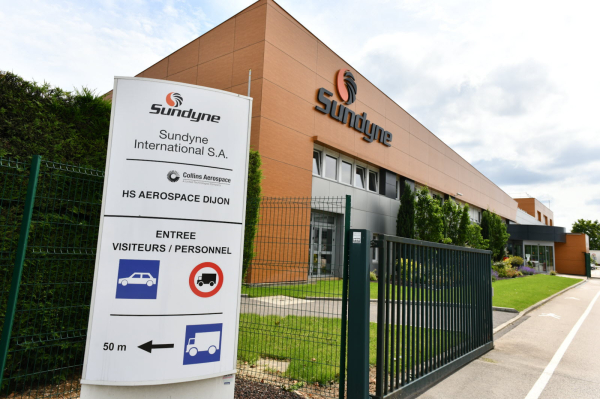
(Photo: European Parliament)
The world is changing faster than many thought possible. Vladimir Putin’s tanks rolling into Ukraine on 24 February 2022 meant that the geopolitical sands shifted in Europe and the rest of the world. On the one hand, the Kremlin’s threat to our peace has united us and has given us the courage to stand up for the values-based project that the European Union was always meant to be. On the other hand, it made us realise that peace and democracy is not a given and that our security architecture is at stake.
This crisis has required our union to take unprecedented and decisive steps to reduce our dependencies and to strengthen our strategic autonomy and resilience. The return of war on our continent has accentuated the need to create a real European Security and Defence Union.
Fortunately, many of the building blocks are already in place. The EU Strategic Compass for Security and Defence together with the Defence Investment Gap Analysis make up a solid basis to fortify our security and defence architecture by 2030. Increased defence spending and collaborative investments will target structural obstacles, such as defence underinvestment and industrial as well as capability gaps, that have persistently weakened European defence through the years, and that has been highlighted in the current context.
However, it remains vital that we implement urgent actions to strengthen European defence in the immediate term. Establishing an EU Rapid Deployment Capacity of up to 5,000 troops, facilitating live exercises on land and sea, enhancing military mobility in Europe and beyond, designing stronger crisis-management missions and operations, and developing more rapid and flexible decision-making processes are all steps in the right direction.
Notwithstanding the somewhat slow start and uneven speed of delivery by certain member states, the EU has been able to provide unprecedented support to Ukraine, amounting by October 2022 to some €3.1 billion worth of lethal defensive military equipment. On the request by Kyiv an EU training mission for the Ukrainian military forces, covering issues ranging from medical support to cybersecurity and cyber-defence, will complement this.
However, this has resulted in a pressing need for member states to replenish their stocks of key military capacities. To this effect, it is important to emphasise that improving coordination on defence procurement is critical to addressing capability gaps. This will require us to work even more closely with the European defence industry.
Furthermore, it will be imperative that we take a holistic approach. We have done well to ban Kremlin propaganda tools. Yet, we know that Russia continues to weaponise information and to push disinformation and misinformation. Therefore, strengthening European military-related capabilities must be topped up with EU ability to react and counter malign influence, as well as to respond to Russia’s attempts to weaponise basic commodities. Our focus on building stronger capabilities should span the entire spectrum from cyber to energy.
If we want to create a real European Security and Defence Union, it is crucial that member states — including Germany — are on the same page. Implementing Chancellor Olaf Scholz’s pledge to increase Germany’s defence budget to 2 per cent of GDP and to invest €100 billion in defence procurement would be a significant boost to the objectives of the Strategic Compass, especially when taking into consideration the fact that the country’s industrial defence base is capable of delivering some unique capabilities.
At the same time, the Russian war on Ukraine necessitates a shift in the German and some other European nation’s historic reservations to play a prominent role in the European security architecture. New solutions are needed to for member states to supply Ukraine with heavy armoury, tanks and air defence systems, while sharing the costs among each other.
From the start, we have been clear that the EU’s defence policy is not there to compete with NATO but rather to complement it. Countries or organisations that stand for the values that underpin our European way of life, and the rules-based international order, should not be regarded as competitors, but as mutually reinforcing allies. This is why we must also ensure synergies and complementarity between the Strategic Compass and the recently adopted NATO Strategic Concept.
I am proud of our union’s strong response to Putin’s unprovoked and unjustified war in Ukraine. By adopting several packages of hard-hitting sanctions against Russia in record speed, we know that Putin and his allies are already starting to feel the heat. Yet, more still needs to be done. The EU has no choice but to quickly learn the lessons of this terrible war. In assessing our strategic environment, we need to act in unison — with greater coherence and a common ability to safeguard life in Europe, as we know it. For the European Parliament this is not a question, it is a necessity and a call for action. We have no choice but to step up.
Source: euobserver.com



